Getting Rid Of Gaddafi May Not Be As Easy As You Think
Establishing a no-fly zone isn't likely to be enough to remove the current Libyan regime from power.
Even with his country collapsing around him Muammar Gaddafi still retains enough support to hold out for quite some time:
PARIS — The regime of the Libyan leader, Col. Muammar el-Qaddafi, has been badly undermined, but he retains enough support among critical tribes and institutions, including parts of the army and the air force, to retain power in the capital, Tripoli, for some time to come, say experts on Libya and its military.
They caution that the situation on the ground is both fluid and confusing. But they emphasize that tribal loyalties remain an important indicator, and that there is no clear geographical dividing line between the opponents to Colonel Qaddafi and his supporters.
They suggest that eastern Libya, which was first to fall to the opposition, was always considered the most rebellious part of the country and had been starved of funds and equipment by Colonel Qaddafi. The region, known as Cyrenaica, was an Italian colony and the heartland of the Senussi tribe that produced the monarch, King Idris I, who was overthrown by Colonel Qaddafi and his army colleagues in 1969.
But they suggest that tribes in the other important areas of Libya — Tripolitania and Fezzan — remain nominally loyal to the regime. The revolutionaries of 1969 came largely from three tribes — the Qadhadhfa (the colonel’s own ), the Maghraha and the Warfalla — which had been subservient to the Senussis.
The Warfalla are now wavering, with its leaders supporting the opposition, having been implicated in coup attempts in the 1990’s, but its other members split. The other two tribes “still seem loyal so far to the regime, in which they have vested interests,” said George Joffé, a scholar of North Africa at Cambridge University in England.
Other tribes in the areas of Fezzan and Tripolitania are “watching and waiting,” Mr. Joffé said.
Another source of potential opposition might be the old Free Officers Movement, he added, an Arab nationalist group that carried out the 1969 coup but was subsequently marginalized by the Qaddafi regime.
“It’s quite clear that the army, some 45,000 strong, has split, but in exactly what proportions we don’t know,” Mr. Joffé said.
Colonel Qaddafi mistrusted the army and monitored its behavior carefully. He paid particular attention to the units in the rebellious east of the country, starving them of the best equipment and training, which he reserved to more loyal tribes and paramilitary units, said Shashank Joshi, an Associate Fellow at London’s Royal United Services Institute, which specializes in the military.
“The situation is more fluid than we imagine, with Qaddafi capable of launching military operations outside Tripoli,” including air force sorties, “and retaining his grip on Sirte,” Mr. Joshi said. “Qaddafi has retained significant elements of the army and lost the elements he was always afraid he could lose, those affiliated with tribes he had targeted.”
All of this makes the Libyan situation far less clear than it might appear on television. Even if Gaddafi loses control of most of the land mass of Libya (most of which is desert anyway) he would still be able to hold onto power as long as he retains control of Tripoli and the areas around it, and the loyalty of the tribes that he’s bribed,
This makes any idea of outside intervention difficult at the very least. A no-fly zone, as I’ve said before, won’t do anything to stop artillery, or a bunch of guys riding around in the back of an SUV. The only way to stop that would be with troops on the ground and, regardless of what kind of rhetoric you’re hearing from the west, that simply isn’t going to happen. The problem is that once we commit to a no-fly, it makes it harder to say not to the next step.
So, quite, honestly, it still strikes me that the best option here is to just stay the heck out of this fight.
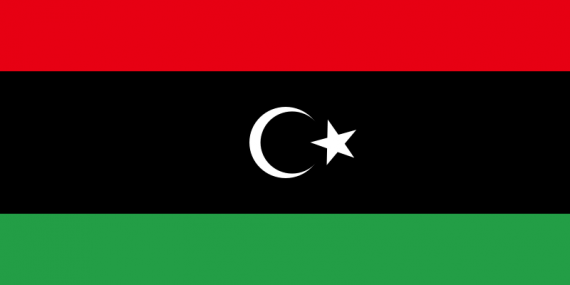

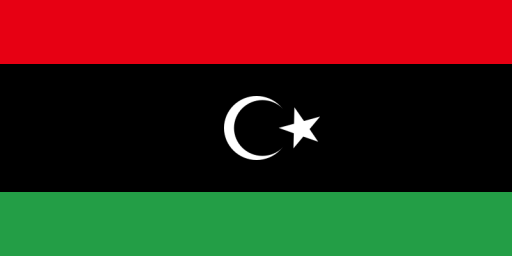
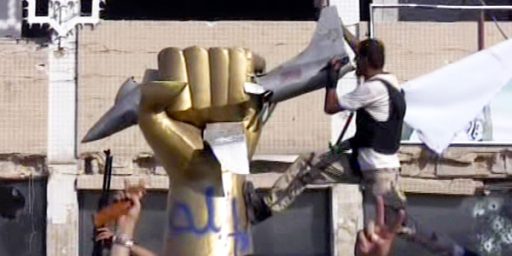
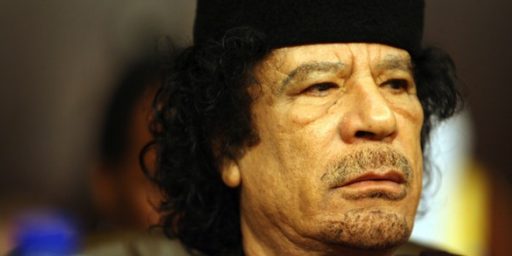
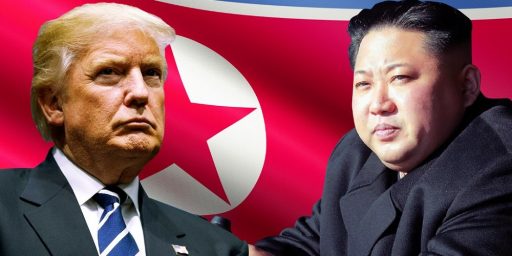
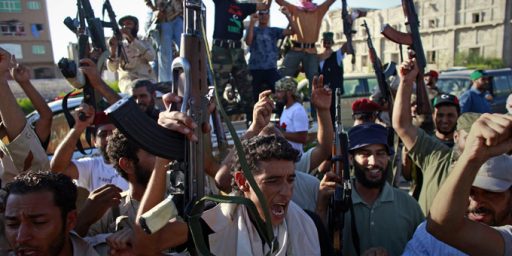
I don’t think anybody in his right mind ever thought that getting rid of Gaddafi was going to be easy.
The modern country of Libya is actually comprised of what were three Ottoman provinces, Tripolitania, Fezzan, and Cyrenaica. It was an Italian colony until after WWII. The three former provinces maintained an uneasy federation until the 1960s. Qaddafi has ruled the country virtually since that time.
The Benghazi area that is the heartland of the resistance is in Cyrenaica and has been trying to break away from the rest of Libya for the last 50 years. Indeed, the king (overthrown in a coup) only wanted to be king of Cyrenaica.
It would not only be easy, it would be simple. Two B-2 bombers with a full load of Jdam’s, I thin that is 14, and some accurage GPS. We are dealing with Saddam here. This guy does not have nuke proof bunkers to live in. I understand he likes tent living. Reagan almost got him. If Obama wants to emulate Reagan, do the same thing with modern technology. No issue with air defense and there would be justification for the lillys who do not believe in killing the evil ones. That would be the Lockerbie incident. An added benefit would be the message it would send to other strongmen and those who dare strike the U.S. and its interests.
Haha,
Trying to find something usual for the billion dollar a pop B-2 bomber, Wiley?
Why not just bribe one of his guards?
In fact, I’ve heard his palace is exactly that.
I don’t think that support is gonna last long if Kaddafi remains bottled up in Tripoli with no access to money, oil fields, or even food.
Who did you hear that from Michael? It has not be reported or published. Edify me. We know he likes to live in a tent. You ever hear of a nuke proof tent?
Wiley: http://english.aljazeera.net/video/africa/2011/02/20112276522858202.html
While I agree a no-fly zone would escalate the situation, it would have prevented his air attacks this morning.